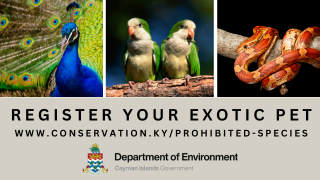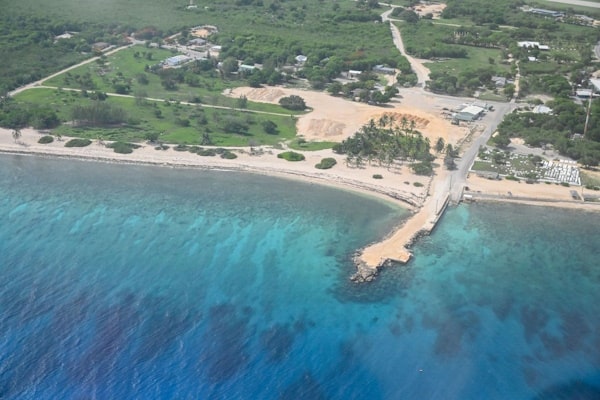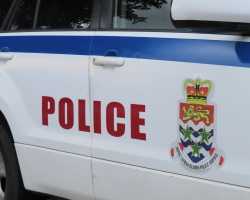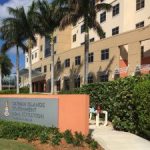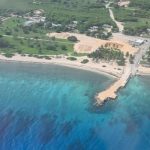Migration on agenda for US-Cuba talks
(CNS): The US Coast Guard has said that it saw a dramatic increase last month in the number of Cubans trying to cross the 90-mile wide Florida Straits since the American president made his announcement about restoring relations with the Cuban government.
Later this month the US Assistant Secretary of State Roberta Jacobson will lead a delegation to Havana, where the talks will focus on migration and push forward the rapprochement process between the two countries.
Nearly 500 migrants either managed to enter the US on makeshift boats or were stopped on their way to Cuba in December, a rise of more than 100% over the same time period last year.
According to media reports, the surge in Cubans may be down to concerns that once diplomatic relations are restored between the US and Cuban governments, the Americans may overturn its “wet foot, dry foot” policy, which allows Cuban migrants who make it to US shores to stay, while those intercepted at sea are repatriated.
If the US does announce plans to cancel the policy, there could be an even greater surge of migrants moving out of Cuba before the US closes the window of opportunity. Any surge in numbers of migrants will also impact the Cayman Islands and the MOU it has with the Cuban government concerning the repatriation of migrants that land on local shores.
Last year witnessed a steady stream of migrants in Cayman waters in makeshift vessels. On Sunday 4 January one Cuban migrant drowned off the South Sound coast when the 18-foot boat he and three other men were travelling in capsized in rough seas. The other three men were detained by the immigration department and are currently being housed at the detention centre in Fairbanks.
Although the United States severed ties with Cuba’s communist government in 1961, the two countries have held routine discussion on the issue of migration, which is expected to be at the heart of the meeting set for the 21 and 22 January.
Talks are likely to also include plans to re-open embassies in Washington and Havana. Nevertheless, President Barack Obama’s proposal to restore relations still needs to be approved by Congress, where it faces opposition from many Republicans and anti-Castro lawmakers.
Category: Local News








